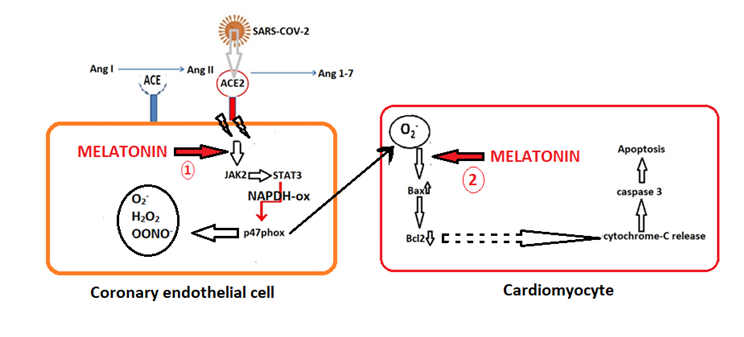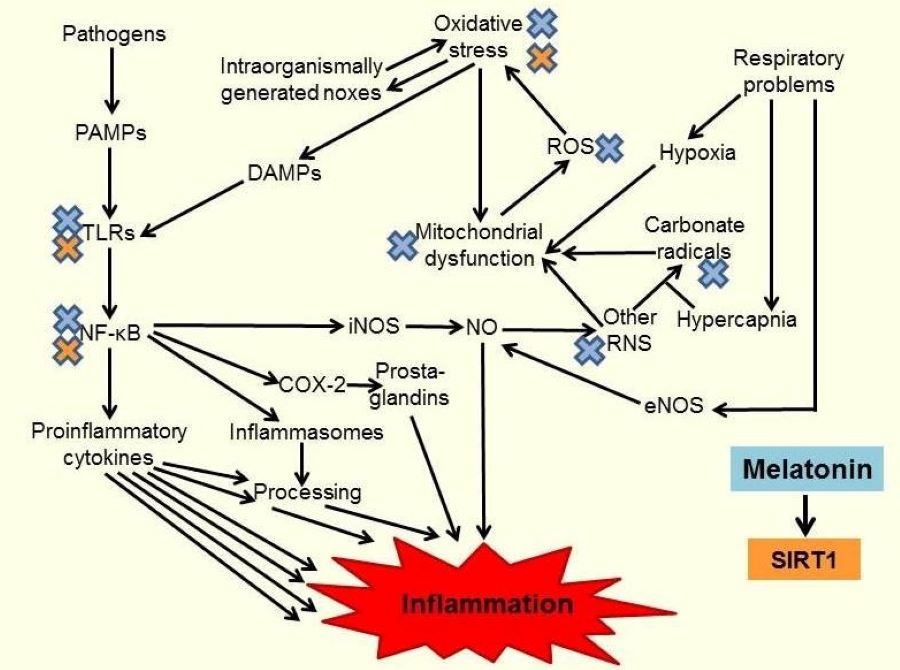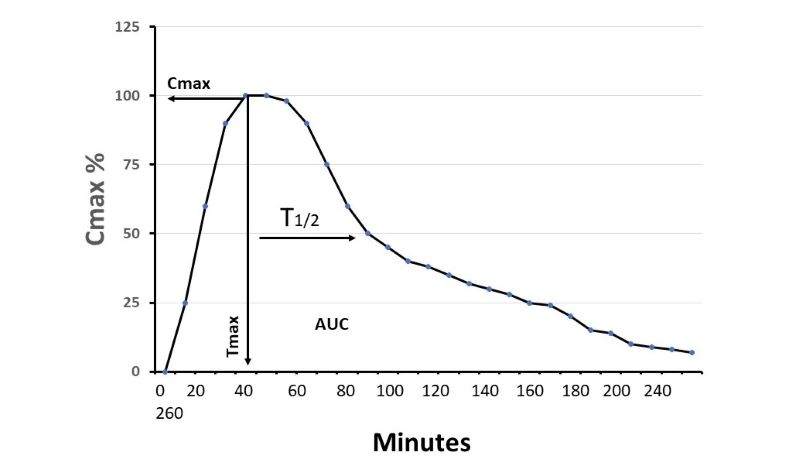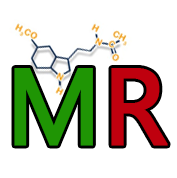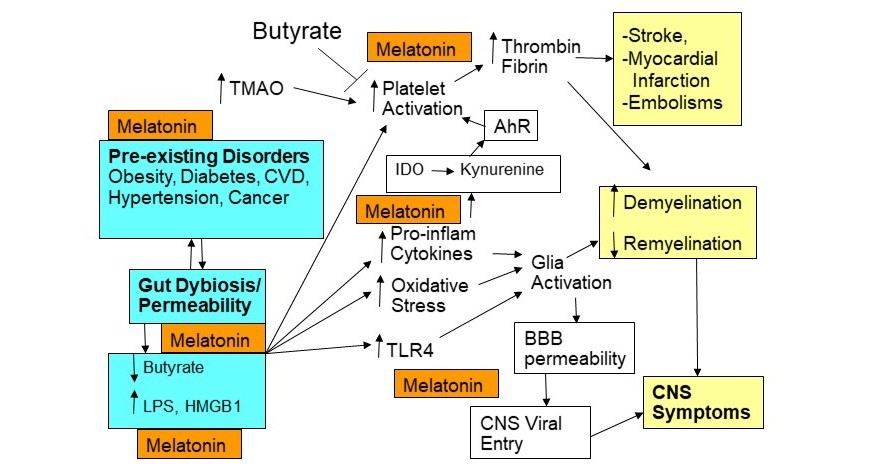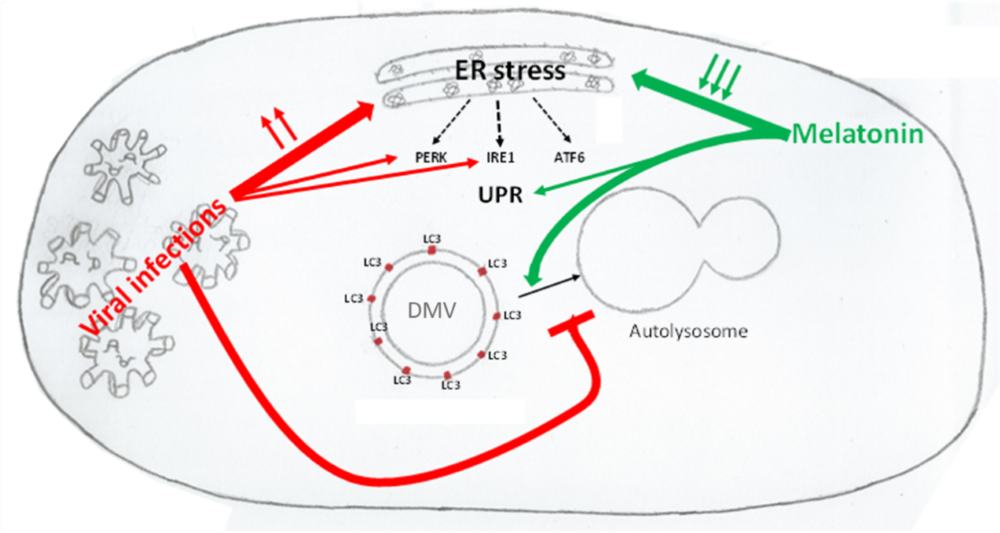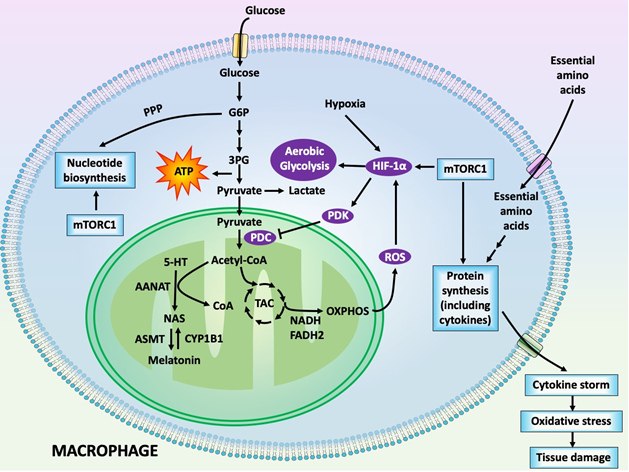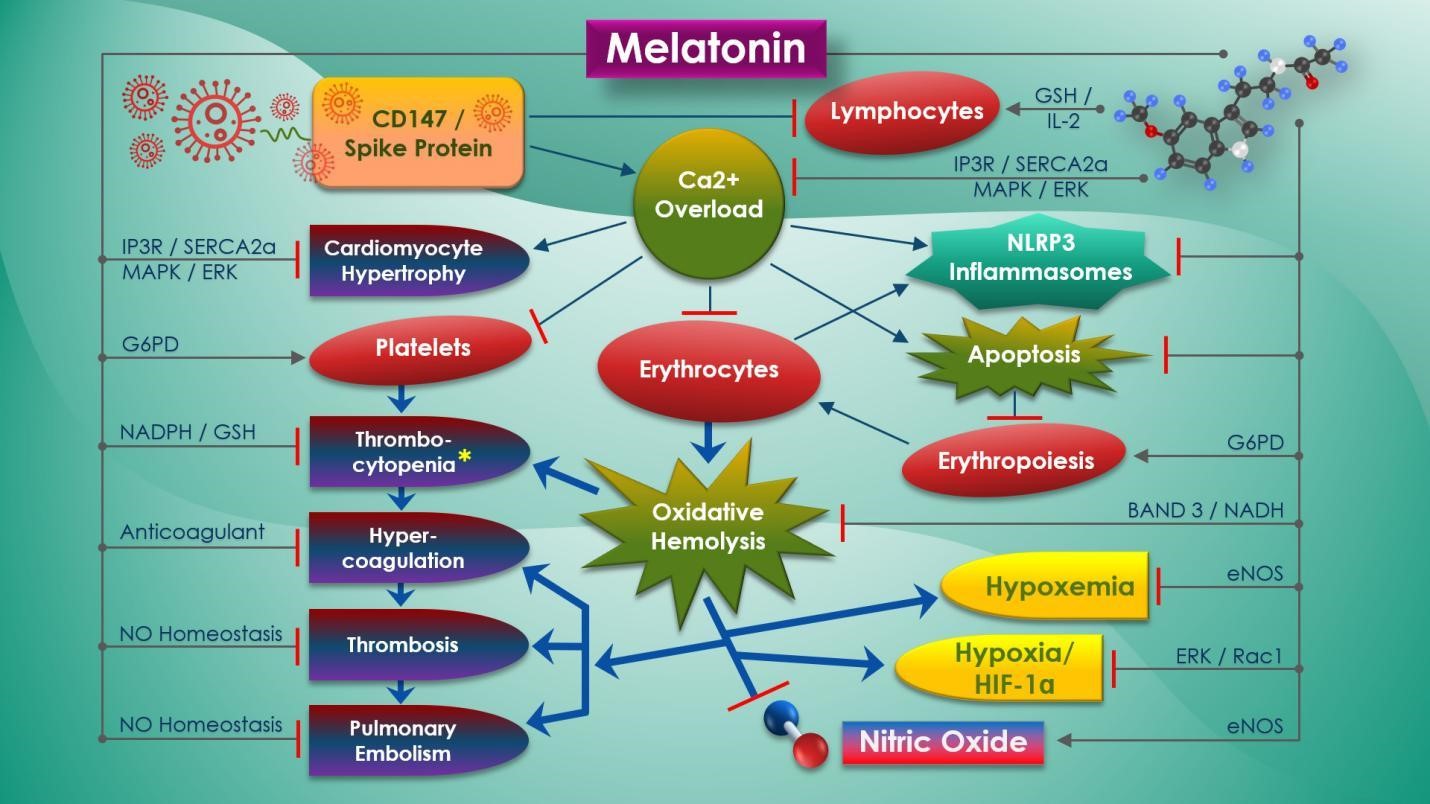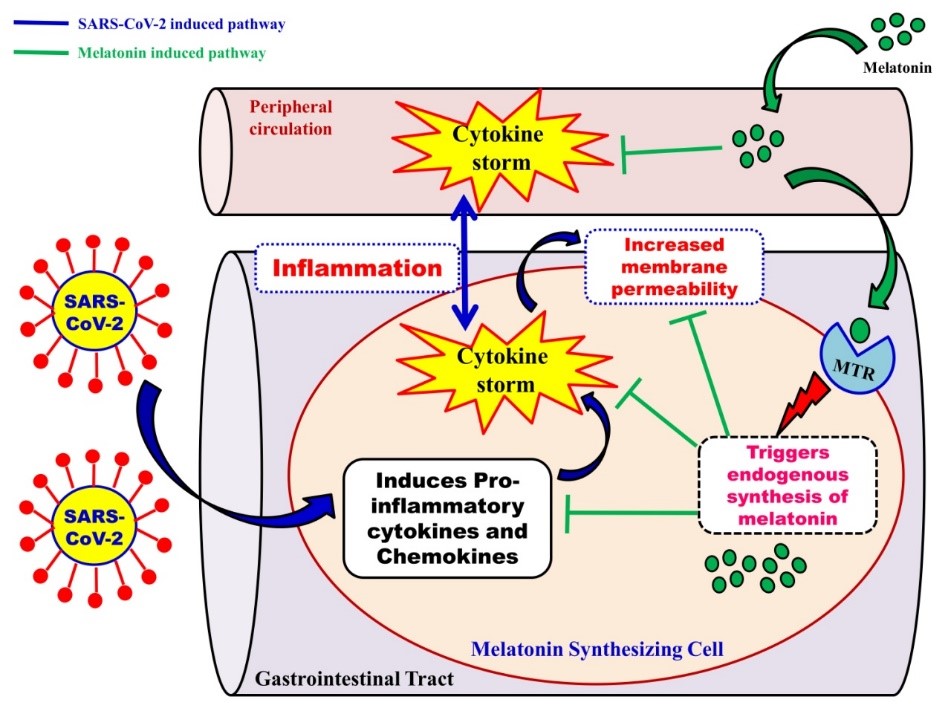
Since the outbreak of COVID-19 in December 2019, several hundred thousand of infected individuals have lost their life and the global economy has been negatively impacted. Scientists and physicians have spent multiple resources to develop effective vaccines in an attempt to finally conquer this deadly pandemic so societies and the economies can return to normal. During the window period prior to the availability of an effective vaccine or the identification of reliable remedies to reduce the morbidity and mortality associated with COVID-19, scientists and clinicians have been confronted with dauting task of saving lives without known treatments. The society of melatonin scientists feel an obligation to contribute our knowledge and experience with others to combat this pandemic. This is the purpose for publishing this special issue entitled “Melatonin and COVID-19”. In this special issue, we have reviewed as many aspects of melatonin and COVID-19 as possible. Included in this series are reports of how the CNS, heart, lungs, gut and erythrocytes are affected by COVID-19 and what is the potential of melatonin on them. For the molecular mechanisms and signal transduction pathways, these involve effects of melatonin on CD147 binding with SARS-CoV-2 spike protein, the switch of aerobic glycolysis to mitochondrial oxidative phosphorylation in immune cells, ER stress-UPR-autophagy alterations and kynurenine and the alpha 7 nicotinic receptor activation. In addition, the melatonin doses that can be used in COVID-19 treatment have also be estimated based on the published reports. Most importantly, in this special issue, we have collected the first clinical report using melatonin to treat COVID-19 patients. Castillo et al. have successfully treated 10 patients with high dose of melatonin. Eight of these 10 patients were over 60 years old and 7 of them had the comorbidities of hypertension, diabetes and/or COPD. Advanced age and predisposed medical conditions are huge risk factors for mortality in COVID-19 patients. Fortunately, under melatonin treatment, all of the patients survived. This preliminary and important clinical data encourage further and large-scale clinical trials. We hope that this special issue will stimulate the enthusiasm for melatonin research in the field of deadly viral infections, particularly in relation to COVID-19 disease.
